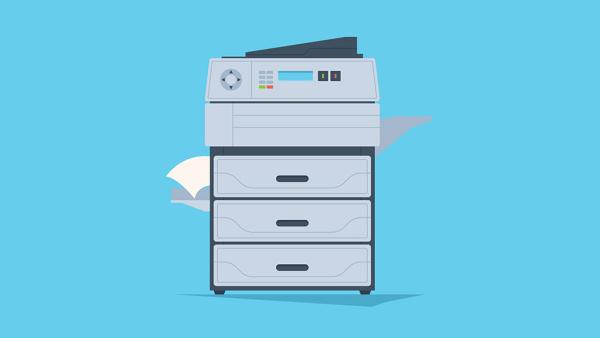New technology could improve tax return processing time at the IRS
Paper returns have historically been slower to process due to the Internal Revenue Service having to manually transcribe information, leading taxpayers who want to more quickly receive their refund to electronically file. However, there could be a light at the end of the tunnel for those who either prefer or are required to file paper returns.
This year, the IRS launched the Digital Intake scanning initiative as part of its push to improve the service it provides to everyone, from taxpayers and businesses to members of the tax industry. As part of the initiative, the agency is deploying new scanning technology to more quickly convert scanned paper tax returns into digital files.
“The IRS has been using various technologies to scan tax returns for more than 35 years but recently took a leap forward by leveraging cutting-edge technologies via a revolutionary procurement approach to test their effectiveness,” the IRS explains. “The capabilities enable the IRS to digitalize more paper for downstream processing and storage, resulting in greater efficiencies and improved data management outcomes.”
Currently, the initiative involves Lockbox Financial Agent banks and contracted industry partners.
How is the Digital Intake initiative going?
The IRS says they have already scanned more than 120,000 Forms 940 since the year began: roughly twenty times more than all the documents scanned last year. As a result, they have also earmarked Forms 1040 and 941 for the initiative.
This early inclusion of individual income and employer quarterly tax forms could signal that the program will be successful. Ultimately, the shift to efficient, accurate digital conversion tools would facilitate electronic processing and storage for paper filings, reducing turnaround time for these returns.
IRS Chief Information Officer Nancy Sieger shared her optimism about the program: “technology powers tax administration, and we have completed important work over the last year to help people get the assistance they need and reduce paper, in addition to improving the agency’s underlying technology infrastructure. This is another positive step in the future technology direction for the IRS that includes improving service to taxpayers.”
Source: IR-2023-41

